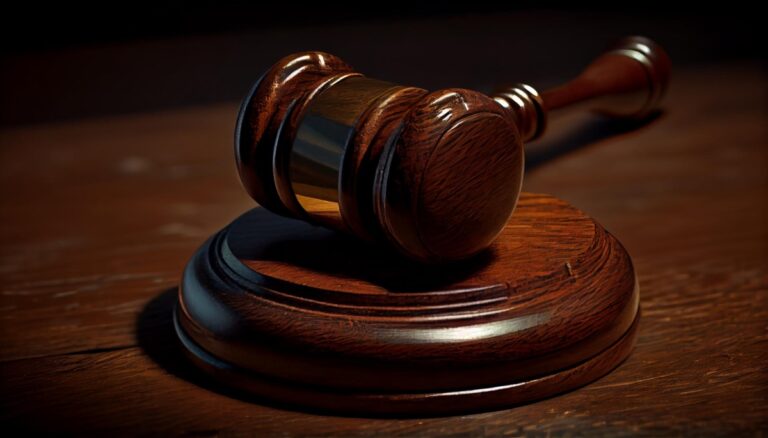When parties approach the end of the term in a lease or wish to terminate the lease early, there are numerous considerations in mind.
Primarily, there are many valid reasons as to why a Tenant is terminating its lease, such as the need to find alternative premises to improve the location for trading purposes and expansion of the business or potential downsizing or, from the Landlord’s perspective. they may wish to occupy or redevelop. This blog considers specifically key considerations on a dilapidations position.
What are dilapidations?
Dilapidations is the term given to damages that a Landlord may be entitled to recover on the expiry of the lease for breaches of the Tenant’s repairing covenant.
What dilapidations should be considered?
Breaches of the following types of covenant should be considered when assessing the dilapidations position;
- covenant to repair,
- covenant to decorate,
- covenant to comply with statute and yielding up covenant; and
- if applicable, any reinstatement obligations linked to the obligation to yield up.
The majority of leases contain an obligation to keep premises in good and substantial repair and condition and return them in the same state of repair at the end of the term. The reality is that most Tenants will not often fully comply with that obligation – and therein lies the shrewd dilapidations in a negotiation between the parties.
In the last decade Tenants have sought to qualify the repairing covenant by having the repairing obligation refer to a schedule of condition which shows the specific state of the property at a state of time (invariably when the Tenant entered into the lease) and the obligation to repair is qualified so that they are in obligation to repair the property and return the property in no worse a state as evidenced by the schedule of condition.
In practice we and our property litigation colleagues often come across scenarios where the Tenant has either been poorly advised at the outset or has not sought legal advice and is therefore bound in by a draconian repair covenant.
It is also worth adding that case law has demonstrated that the obligation to keep the premises in good repair is the same as an obligation to put and keep. Any Tenant entering into a lease should be very wary thereof of these obligations, particularly if they are taking on premises that are not in a great state of repair.
At the end of the term there will inevitably be a battle over dilapidations (in relation to the cost to the Landlord to putting the premises in the condition required by the lease). The Landlord may not always be proactive in seeking to agree a figure, tending to rely on the right under the lease to claim dilapidations after a lease has come to an end. In practice this creates some certainty for the Tenants, particularly where they may be significant costs involved in to move to new premises.
A Tenant’s perspective
If you are considering the position from the Tenant’s side there are some proactive stops that can be taken:
- invite the Landlord to submit a dilapidations assessment at least six months before the end of the lease;
- if not forthcoming, instruct a surveyor to assess the dilapidations on your behalf;
- submit that assessment to the Landlord inviting them to agree the position and setting out the proposed timetable of works;
- if still not response is received confirm to the Landlord that you will carry out the works and want to complete them, then invite the Landlord to approve them.
If the above steps are followed the Landlord arguably is in a much weaker position should it wish to submit a dilapidations claim after the end of the term.
As mentioned earlier in this article, we come across clients who are not fully advised in advance on signing their lease or chose simply to deal with the matter themselves on expiry and has come unstuck. Dilapidations are certainly a point where parties should consider open and frank discussions between themselves in the hope of reaching mutual agreement and it is always advisable to take advise on the specific provisions relating to dilapidations contained within your lease before entering into negotiations.
Contact Simply.Law on 0800 368 6338 to speak with an adviser or use our contact form to arrange a call-back.
Click here to return to the commercial property area.

